Buy Xbira : Abiraterone 250 Mg Tablets 120’S Online
$198.98
Brand Name : Xbira
International Brand Name : Zytiga
Composition : Abiraterone Acetate
Manufactured by : Cipla Ltd.
Strength : 250 mg
Form : Tablets
Packing : Pack of 120 Tablets
Prescription Required *
Xbira, also known as Abiraterone 250mg Tablets, is a medication used for the treatment of metastatic castration-resistant prostate cancer (mCRPC). It is essential to know about its composition, uses, dosage, storage conditions, mechanism of action, contraindications, interactions, and adverse reactions before using it.
Composition:
Xbira tablets contain 250mg of Abiraterone acetate, which is a steroidal CYP17A1 inhibitor. The tablet also contains other inactive ingredients such as microcrystalline cellulose, colloidal silicon dioxide, sodium starch glycolate, magnesium stearate, and hydroxypropyl methylcellulose.
Uses:
Xbira is used to treat metastatic castration-resistant prostate cancer (mCRPC). It is used in combination with prednisone, which is a steroid that helps manage some of the side effects of Abiraterone. Xbira works by inhibiting an enzyme called CYP17A1, which plays a critical role in testosterone production. This reduces the level of testosterone in the body and slows the growth of cancer cells.
Usage and Dosage:
Xbira should be taken orally on an empty stomach at least one hour before or two hours after eating. The recommended dose of Xbira is 1000mg (4 tablets) once daily in combination with prednisone 5mg twice daily. Xbira treatment should be continued until disease progression or unacceptable toxicity.
Storage Conditions:
Xbira tablets should be stored at room temperature (15°C-30°C), away from moisture, heat, and direct sunlight. Keep the tablets out of reach of children.
Mechanism of Action:
Xbira is a steroidal CYP17A1 inhibitor that blocks the production of androgens, including testosterone, which are essential for the growth of prostate cancer cells. It does so by binding to the active site of the CYP17A1 enzyme, which converts progesterone to androgens. Xbira reduces the level of testosterone in the body by up to 90%.
Contraindications:
Xbira is not recommended for use in women, children, or pregnant or breastfeeding women. It is also contraindicated in patients with severe liver impairment or allergies to Abiraterone.
Interactions:
Xbira may interact with other medications, including drugs that lower blood pressure, anticoagulants, and antidepressants. Patients should inform their doctors of all medications they are taking before starting Xbira.
Adverse Reactions:
The use of Xbira may lead to adverse reactions such as weakness, fatigue, joint pain, swelling in the legs or feet, nausea, hot flashes, diarrhea, constipation, cough, high blood pressure, shortness of breath, and urinary tract infections. Patients should contact their doctor if they experience any of these symptoms.
Overall, Xbira is a highly effective medication for the treatment of metastatic castration-resistant prostate cancer. However, before using it, patients should seek advice from their doctor and be aware of the composition, dosage, storage conditions, mechanism of action, contraindications, interactions, and possible adverse reactions.
Be the first to review “Buy Xbira : Abiraterone 250 Mg Tablets 120’S Online” Cancel reply
Related products
Anti Cancer
Anti Cancer
Anti Cancer
Anti Cancer
Anti Cancer


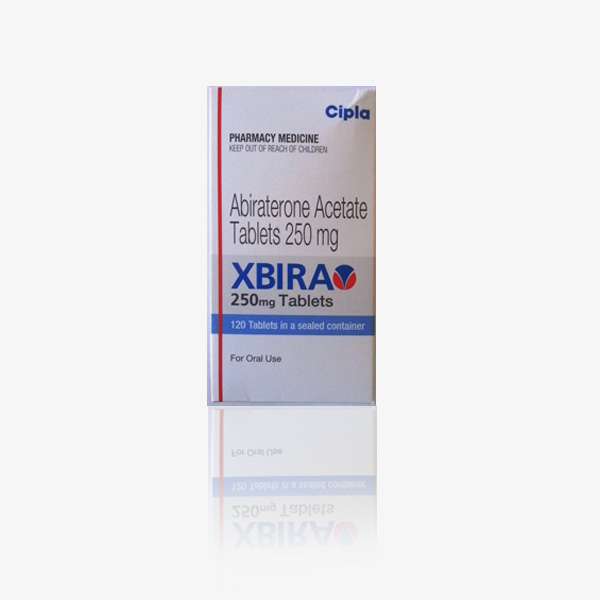

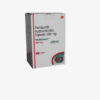



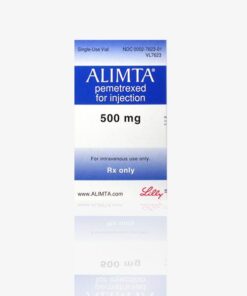

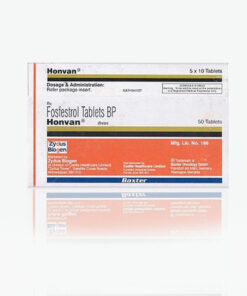
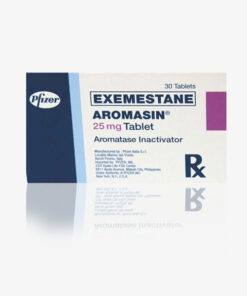
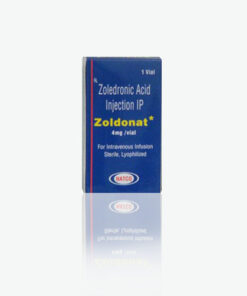
Reviews
There are no reviews yet.